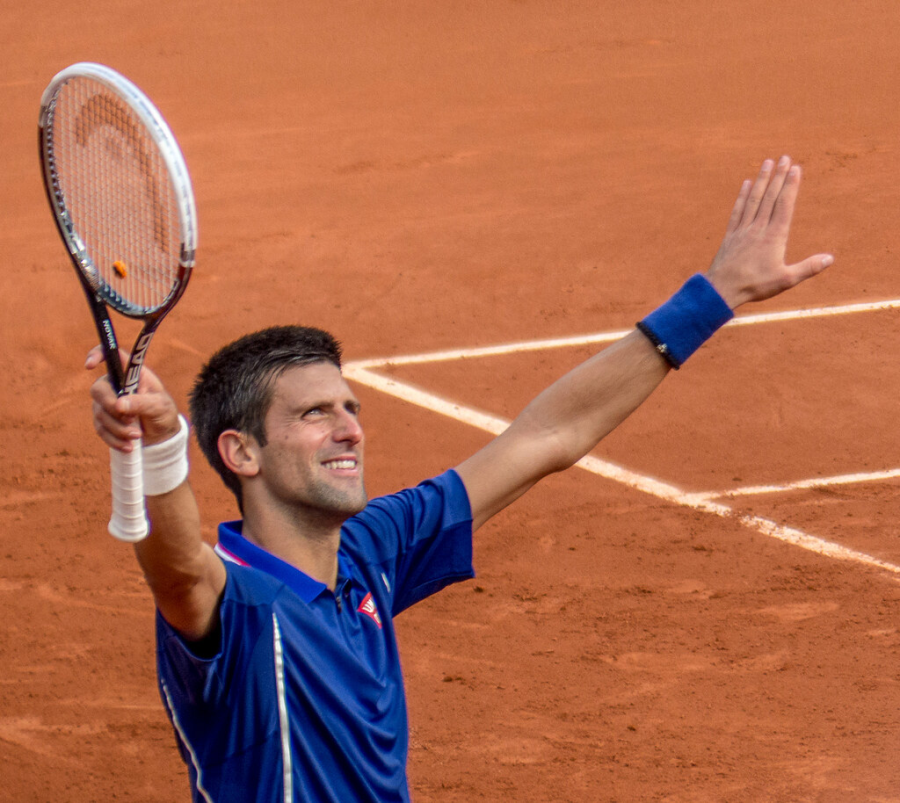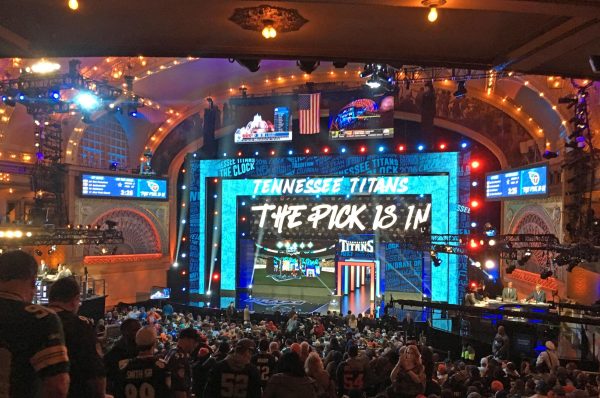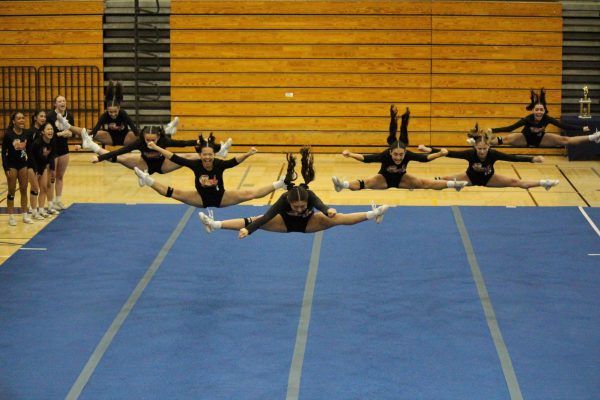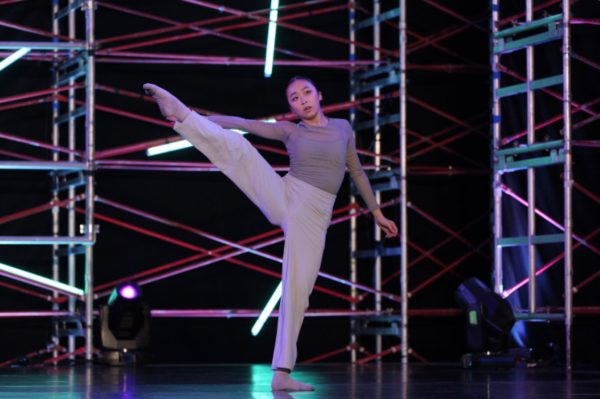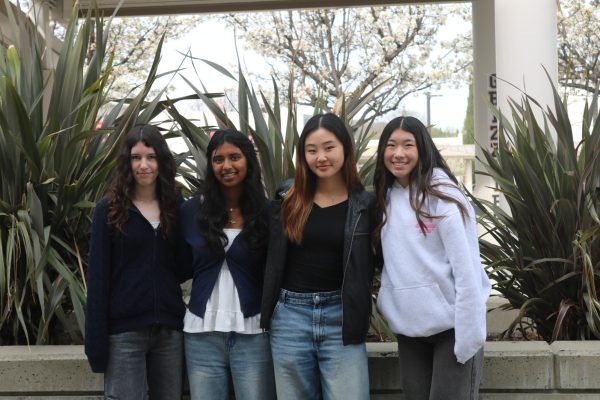Djokovic controversy puts a dark cloud over the Australian Open
The controversy surrounding 20-time Grand Slam winner Novak Djokovic before the Australian Open unfortunately overshadowed the tournament itself.
Novak Djokovic, the top ranked tennis player in the world, was deported from Australia on Jan. 17, meaning that he was not allowed to play in the Australian Open, which wraps up on Sunday.
Although this decision created quite the controversy, Australian Immigration Minister Alex Hawk made the right call to send Djokovic home. His only mistake: this action was not taken not soon enough.
On Nov. 20, an initial announcement on the Australian Open’s rules on vaccination were made. Craig Tiley, the director of the Australian Open tournament and the CEO of Tennis Australia, announced at this time that players would be required to have a COVID-19 vaccine in order to participate. He noted exemptions could be made for players with medical conditions whicgh prevented them from getting the vaccine.
Fast forward to Jan. 5. Djokovic arrived in Australia after initially being allowed to compete because of a medical exemption. Details of why he was given one weren’t shared by Tennis Australia or Djokovic himself.
After some disagreements on the validity of Djokovic’s application for a medical exemption, Djokovic was detained. His applications for a visa were canceled not once but twice because when he reapplied he failed to mention that he had visited multiple countries in the weeks leading up to his arrival, and that he tested positive for COVID in mid-December.
Not mentioning this key information on his application put the applications of other athletes under review. An example is Czech tennis player Renata Voracova, who is ranked No. 80 in women’s doubles in the world.
Voracova was essentially forced to leave since she wasn’t allowed to practice and could only remain in isolation. She was granted a medical exemption because she had contracted the virus in December and, coupled with other medical issues, was unable to get the vaccine.
Russian player Nata Vikhlyantseva was deported because she had taken the Sputnik V vaccine, which isn’t approved by the Australian government.
Although Djokovic’s situation didn’t directly cause Voracova to leave, it could be argued that if he had been truthful on his application, or had gotten vaccinated in the first place, both players would have been allowed to participate in the tournament.
“It was a traumatic and confusing experience for her and she is now potentially facing a three-year ban and other visa issues,” according to a statement from The Professional Tennis Players Association(PTPA) on Vorocova’s situation.
The biggest implications for these players will be how this ordeal will affect their reputations and rankings, especially for Djokovic, as he has the most consecutive wins at the Australian Open (2011-13 and 2019-21). He also is tied with Roger Federer and Rafael Nadal for the most Grand Slam victories at 20.
This whole situation could have been handled better by Djokovic and the Australian government. Djokovic could’ve gotten the vaccine, or he could have been truthful on his application.
The government should have properly reviewed the application of Vorocova instead of immediately putting her in detention. Hopefully, this will be a good learning experience for Djokovic and the Australian government on what and what not to do so a controversy before the tournament doesn’t overshadow the tournament itself
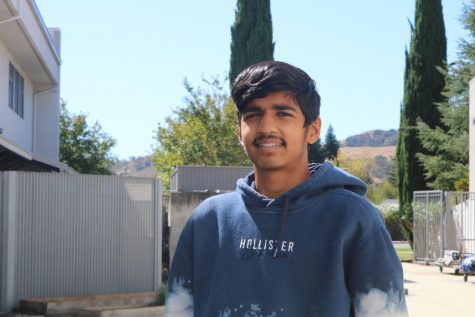
Sophomore Kaustav Pal is a first year reporter for The Californian. He enjoys playing video games, sports, reading books, and hanging out with friends...
